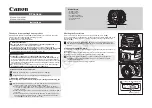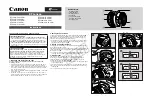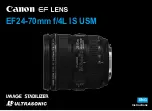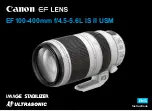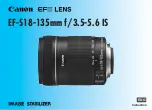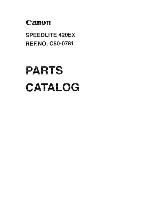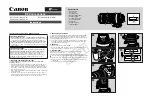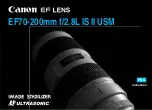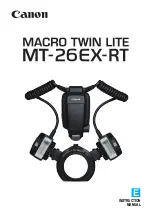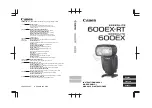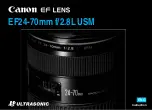
NED
SU2020/SU2025
UME-0021-03
16
2.4 Optical Interface
The amount and wavelengths of light required to capture useful images depend
on the intended use. Factors include the property, speed, the object
’s spectral
characteristics, exposure time, the light source characteristics, the specifications of
the acquisition system and so on.
The exposure amount (exposure time x light amount) is the most important factor
in getting desirable images. Please determine the exposure amount after studying
what is most important to your system.
Keep these guidelines in mind when setting up your light source:
LED light sources are relatively inexpensive, provide a uniform field and
longer life span compared to other light sources. However, they also require a
camera with excellent sensitivity.
Halogen light sources generally provide very little blue relative to infrared
light (IR).
Fiber-optic light distribution systems generally transmit very little blue light
relative to IR.
Metal halide light sources are very bright but have a shorter life span
compared to other light sources.
Generally speaking, the brighter light sources, the shorter life span.
CCD image sensors are sensitive to infrared (IR). We recommend using daylight
color fluorescent lamps that have low IR emissions. If you use a halogen light
source, to prevent infrared from distorting the images use an IR cutoff filter that
does not transmit IR wavelengths.































